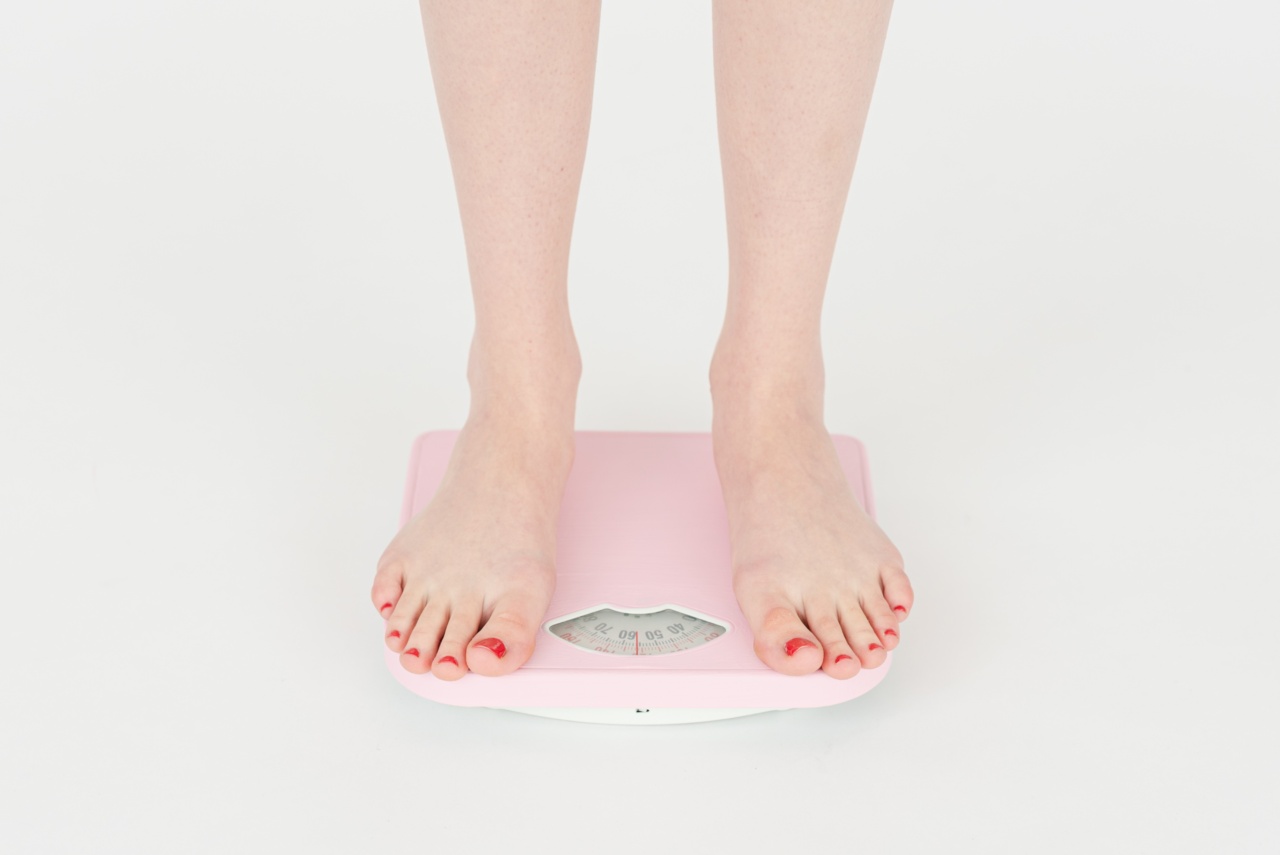Blood pressure is the force exerted by the blood against the walls of the blood vessels. High blood pressure, also known as hypertension, is a common health concern that puts you at risk of heart disease and stroke.
Managing your blood pressure is key to maintaining your overall health and wellbeing. Diet can have a huge impact on blood pressure and is often the first step in managing hypertension. This guide will provide you with tips and tricks to lower your blood pressure with diet.
1. Limit Sodium Intake
Sodium, a mineral found in salt, is an essential nutrient for the body but consumed in excess can lead to high blood pressure.
The American Heart Association suggests limiting sodium intake to no more than 2,300 mg per day, with an ideal limit of no more than 1,500 mg per day for most adults. Cut back on processed foods, which often contain high amounts of sodium and instead opt for fresh, whole foods. Use herbs and spices instead of salt to add flavor to your meals.
2. Increase Potassium Intake
Potassium, a mineral found in fruits, vegetables, and dairy products, can help lower blood pressure by offsetting the harmful effects of sodium.
Incorporating potassium-rich foods into your diet such as bananas, spinach, avocado, and sweet potatoes can help manage hypertension. The recommended daily intake of potassium is 4,700 mg per day for adults.
3. Aim for a Heart-Healthy Diet
Eating a heart-healthy diet can also help manage blood pressure. Consume a diet rich in fruits, vegetables, whole grains, lean proteins, and low-fat dairy.
Avoid consuming trans and saturated fats, which can lead to high cholesterol levels and increase cardiovascular diseases risk. A heart-healthy diet can help regulate blood pressure, lower cholesterol, and improve overall health.
4. Limit Alcohol Intake
Drinking excessive amounts of alcohol can lead to high blood pressure, among other health concerns. If you choose to drink alcohol, limit intake to no more than one drink per day for women and two drinks per day for men.
Avoid binge drinking as it can cause a sudden spike in blood pressure.
5. Watch Your Caffeine Intake
Caffeine can cause a temporary spike in blood pressure, especially for those who do not consume caffeine regularly. Limit caffeine intake by avoiding energy drinks and limiting coffee or tea intake to 1-2 cups per day.
6. Stay Hydrated
Dehydration can cause blood pressure to rise. Aim to drink at least eight glasses of water per day to ensure adequate hydration.
If you struggle with drinking plain water, add some flavor with fruits, herbs or consider drinking decaffeinated tea or coffee.
7. Lose Weight
Being overweight can increase blood pressure. Losing as little as 5-10 pounds can have a significant impact on blood pressure levels. Incorporate exercise into your daily routine, and make small changes to your diet to achieve a healthy weight.
8. Monitor Your Blood Pressure
Regular monitoring of blood pressure can help you make lifestyle changes and keep track of the effect of diet on your blood pressure levels.
Check your blood pressure at home or visit a healthcare professional to get a better understanding of your blood pressure readings and make informed decisions to manage hypertension.
Conclusion
Lowering your blood pressure with diet is achievable by making small changes to your lifestyle. Incorporate potassium-rich foods, limit sodium intake, and avoid unhealthy fats, alcohol, and caffeine.
Stay hydrated and maintain a healthy weight to lower blood pressure. Regular monitoring of your blood pressure can help inform informed decisions to manage hypertension. Adopting these simple changes can help decrease the risk of heart disease, stroke, and improve overall quality of life.


























